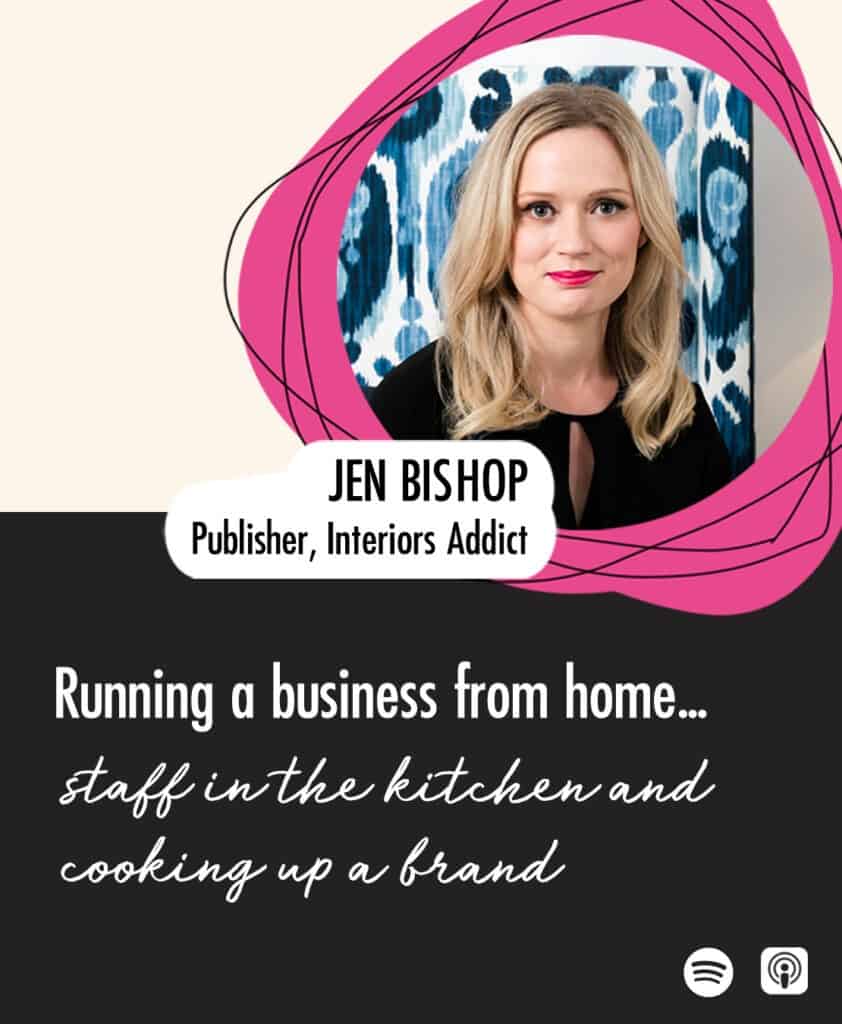Let me start by openly admitting that I did. It was the year 2006, I was in my 20s and working out of my parents’ house in Bankstown, an area once perceived to be a hot spot for drug dealers, not PR agencies.
I was so embarrassed and went to lengths to ensure my address was never known – even ASIO wouldn’t have been able to track down my office.
There are plenty of good reasons to get yourself an office space in the early days of business. You might feel lonely or be the type of person that thrives on the energy of others. Or perhaps you don’t feel that working remotely is ideal for your small team. Embarrassment or shame isn’t one of them and the idea that having a home office is a signal that you may not be that successful or professional is outdated.
A client forms a view of your brand, product and service from characteristics of you and your business far more important than your office location.
So why do these feelings of embarrassment exist for so many business owners?
The reality is, working from the home is a huge cost saver if you have the right environment for it, and comes with huge benefits. Being confident instead of coy when you communicate your office location will do you more favours than setting up virtual offices worldwide for what is clearly one staff member. One option shows confidence and authenticity, the other pretends like clients have no idea these kinds of services exist.
If you find prospects are really focused on where your office is, it’s probably because you didn’t focus enough on products, services, website and other more important aspects to your business.
I have worked with brands large and small and have taken both the coy and confident approach to communicating my office location. I can tell you unreservedly that if your product and service is great, where you manage it from is not as important as you may think it is.
Nail your products, services and processes
What makes you look unprofessional isn’t your suburban address. It’s the rushed product that’s not quite right. The inconsistent service that’s never quite delivered on time. Or the absence of any kind of process that gives your client clarity on how you work and what they can expect. It is responding to emails at 3am and not being accessible during the day. It is taking 3 days to respond to an email, to only send back a single sentence that does nothing to answer the question.
Get your product, service and processes right before anything.
Focus on your brand and marketing
Another signal of a professional outfit – a clear brand, great marketing assets and communication. Is your website stuffed with keywords to appeal to an algorithm or a human? Your website, and other assets that market who you are and what you do, need to be brilliant, clear and professional. After your product or service, this is the next priority.
Prospects who don’t already know and trust you, will not only be evaluating your professionalism. They will be looking for recommendations, reviews, testimonials, case studies – anything that mitigates the risk of working with a new business. They’ll be looking for this well before they come looking for your address.
Master your messaging
Inevitably, you’ll be asked where you work from? Or where your base is. If you’ve done everything else right, your answer simply won’t have the negative impact you think it might. The problem will be far bigger in your mind, than it is in reality. To ease your apprehension about sharing your circumstance, consider, prepare and rehearse your answer. Then tackle it head on.
For now, the business is based from my home while we focus all investment on the development of our product, service and value to clients. We have a meeting space and we utilise the best technology to ensure we’re available for one on one contact as needed.
Then move straight into what you offer and the systems and processes to working with you.
Still think it will cost your business?
Ask yourself this question. If you find a product or service that is delivering great value, the service is fantastic and the pricing is right – would you refuse to buy it because of where the owner works from?

Back yourself
Any hesitation or coyness when addressing your address will erode a little bit of confidence in you and your company. What you say and how you say it matters. Make your (planned and rehearsed) point and move swiftly along putting all focus on what matters – your products and services.
Jen Bishop, Publisher of Interiors Addict, talks ‘faking it’ with Commical.
